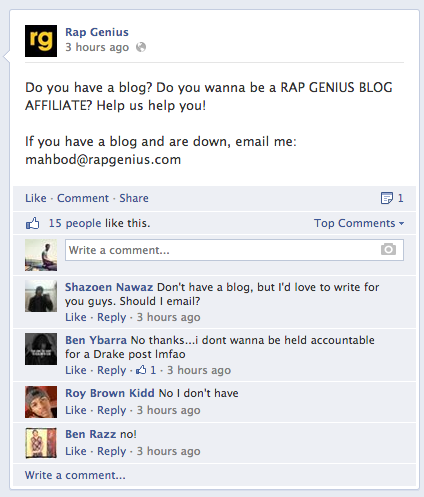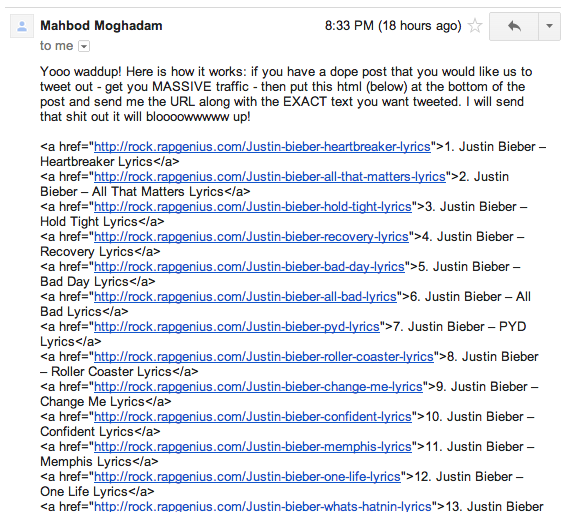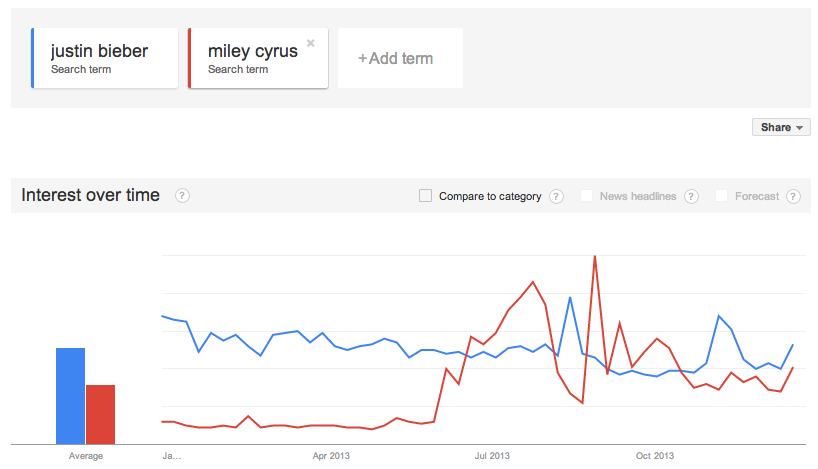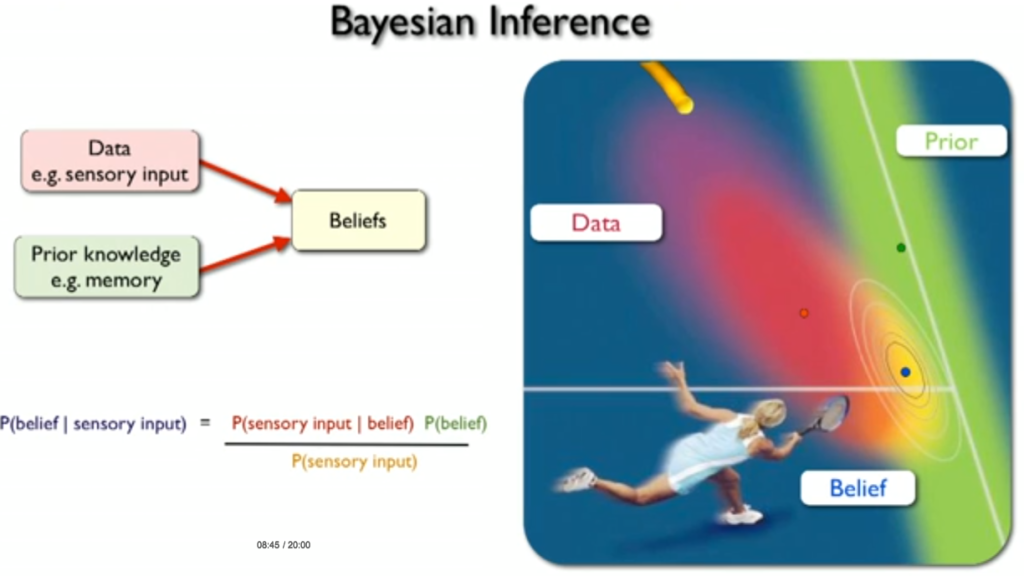Glider is an email filtering service inside Gmail. We filter bacn emails away from your inbox, so that you can focus on the emails between real people that matter most.
—
I left Wake Forest to pursue my Thiel Fellowship in January 2012. After a dusk-to-dawn raging Avicii party in Manhattan on New Years Eve, I was on one of the first flights to California on January 1st 2012. I knew exactly two people in California.
During early January 2012 I was prompted to install Sanebox on my Gmail account because my team was exploring the possibility of buidling an email product. Quickly after installing Sanebox, the clutter in my inbox had been mostly whisked away to a new label in Gmail, and I was immediately seeing productivity gains. I was amazed. I saw the future of email right in that moment. I knew I wanted to pursue this email filtering route because the value of the product was both immediate and on-going. And I knew I could build a better product than both Sanebox and Google’s Priority Inbox.
The problem with email filtering pre-Glider was that most services filtered emails based on priority or importance. Predicting emails that are important is a never ending adjustment task because everyone has different and changing ideas for what is important. Thus, a blackbox filter is often inaccurate and creates untrustworthy feelings. But we can filter on context and find better success in both organization and accuracy of emails filtered.
So, I set out to build Glider as the first Gmail-based bacn filtering service. Glider divides bacn into two contexts, Newsletters and Notifications. The remaining emails are likely from real people and remain in the inbox.
First we built a new web interface with the intention of having our users do their email at our site, www.glider.io. We didn’t retain any users because people are simply entrenched in their old ways; most people don’t want to leave their existing setup. At this point my founding team left the company and I left Mountain View for New York City. I decided to move Glider not because Silicon Valley is a bad place for startups, but instead because I had few close friends in California. In hindsight I would only suggest that an 18-year old move to the Bay Area if they arrange for a healthy living environment ahead of time.
Over the next eight months I recruited a new team and developed the Gmail product with a developer, designer, and a marketing partner. We released the app on Lifehacker on January 7th, and our first users all reported great reviews. A handful of the initial Lifehacker cohort even decided to pay for Glider! Man, that was a great moment. Seeing paying users who were not my close friends is a sure sign that you have created value. With a conversion rate of about 1.5% from free-trial-to paid users, I knew this number is about standard for new SaaS apps, and I was confident with moving the product forward.
Our user acquisition strategy consisted mainly of writing about “bacn“, an unfamiliar term, and sharing the information with the media. Journalists love sharing a term with their readers before it hits mainstream. So, we published a series of blog posts about bacn as the evolution of SPAM, and eventually we were picked up by BBC News.
The cycle was proving to be fairly simple… Tweak the product a bit, improve certain features, then write a new article for the press.
Then things quickly changed, beginning with the Google I/O conference in mid-May. We were nearing the 150th day of the year, about half-way through our second 100 days. So, by this point we were planning to release both a new product update and a host of articles for the press. But alas, Google announces “schemas and actions in the inbox“…These actions in the inbox are indeed great for Gmail, but we could tell something else was lingering in the air as rumors circled in the blogosphere.
Finally, boom, on May 29th the Google team announced their new inbox. A wise man once said “Imitation is the sincerest form of flattery.”, but this update did not feel like a compliment at all. This update is nearly the exact vision we had for Glider going forward… Tabbed navigation of separate inboxes that are filtered by email context. In hindsight it was an easy choice for Google; these filters will make your life better.
Google effectively “burned our boats” by offering a similar service for free. It is the ultimate (and painful) price to pay for platform dependence.
It may be worth noting that the first contractor I worked with on Glider went on to become a product manager at Google last fall. However, I don’t have information that he worked on Gmail.
So, what does that mean for Glider? Does the product sail into the sunset? I am proud of Glider and the work I’ve done.
I could arrange for an acqu-hire and pretend like going to work at another company is great success. But I am going to go to college instead. I will leave the Glider opportunity open to any person that finds it interesting. The market for Outlook business users remains the largest yet. Need even more validation that an Outlook market exists? Xobni was acquired by Yahoo yesterday for $60 million.
And advice, please, for others looking to jump into startup life?
- Gain validation for the problem/solution with early adopters as quick as you can by building on a platform like Gmail, but then move as quickly as you can to where business users spend their time and money. (Outlook)
- Never lose sight of simplicity. It’s easy to get caught up in a product design full of extraneous features.
- More to be written later on this blog.







